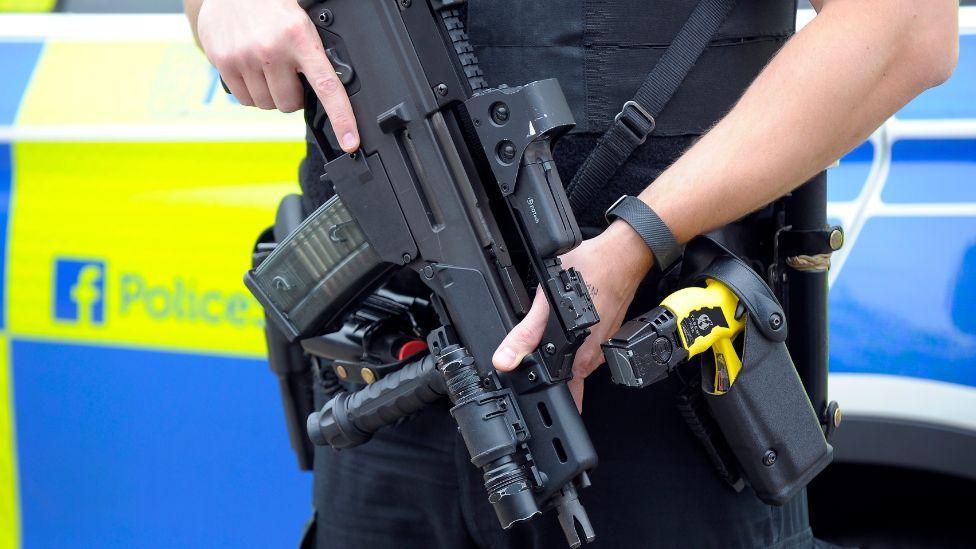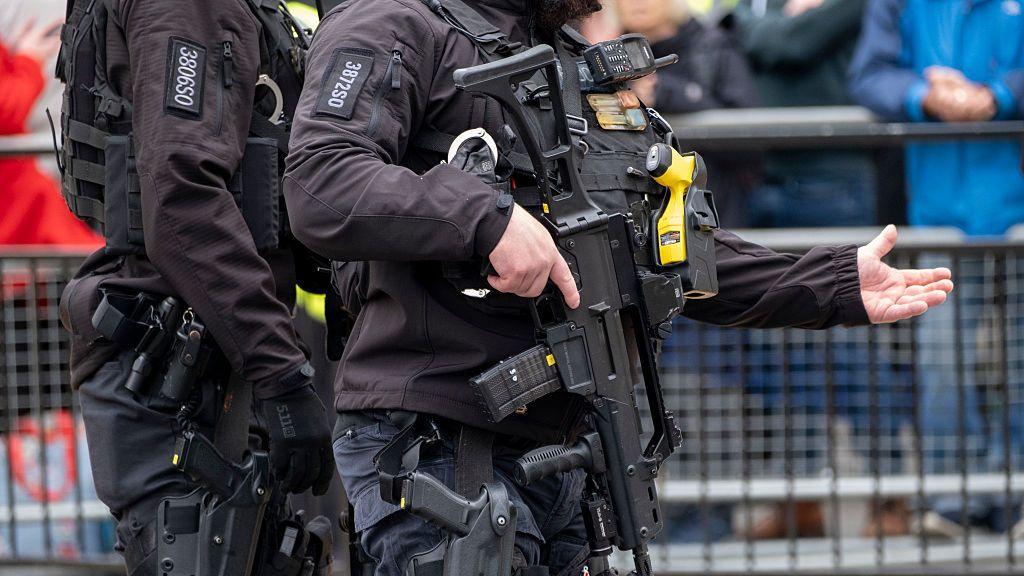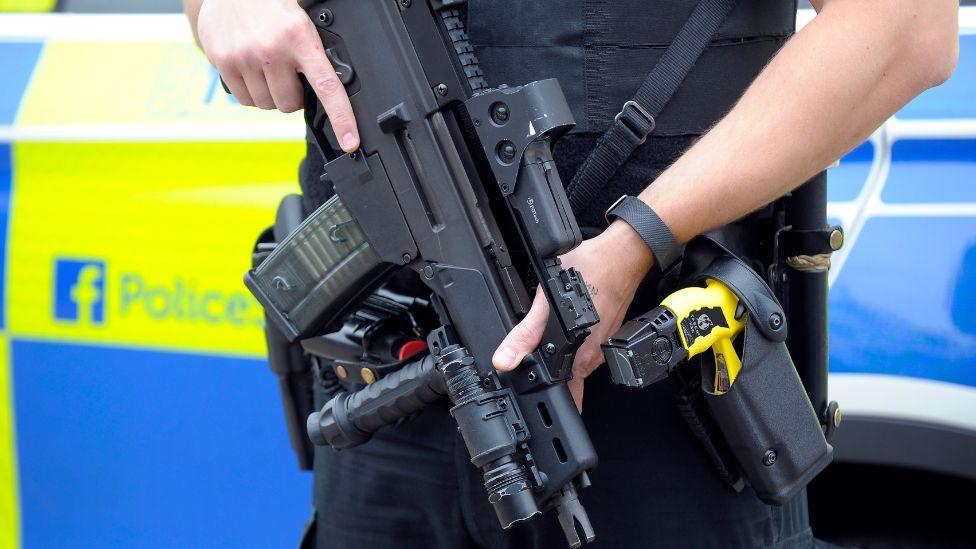Record number of referrals made to anti-terrorism scheme

Extreme right-wing concerns were the most common reason given for reporting people
- Published
Scotland's terrorism prevention programme has seen a record number of referrals, after they increased by almost a half.
Some 162 reports were made to Prevent in the year ending 31 March, compared with 114 the previous year - an increase of 42%.
Males make up the majority at 89%, as well as those aged 15 to 20 who account for 40%. Children aged under 15 account for 37% of the referrals.
The highest proportion of reports were made for extreme right-wing concerns.
The second most common reason was for people who have no clear ideology but demonstrate other behaviours that would make them susceptible to radicalisation.
The figures for the whole of the UK saw a total of 8,778 referrals made - up 27% from 6,922 the previous year.
Police Scotland said there was a significant increase in reports after the sentencing of Axel Rudakubana, who murdered three young girls at a dance class in Southport.
Teachers warned Prevent about the teenager three times, but his case was closed each time as he did not seem to have an identifiable terrorist motive.
Under the Prevent scheme - one of four strands of the UK government's counter-terrorism strategy - schools and other public bodies are required to report people who show signs of being drawn into violent extremism.
An assessment is then made about whether further action is needed, and about 50 people from this year's data in Scotland required no further action after an assessment.
Reports have seen a steady increase since 2020/21 when there was a dip to 50 reports, but police blamed this on Covid restrictions in schools and other institutions.
Of the 162 people referred in 2024/25, six individuals had also been reported in a previous year.
Police referred the most people to the scheme, followed by the education sector then local authorities.
In the education sector, the majority of reports (46) came from secondary schools.
Six children were reported by primary schools.
Five referrals were made from colleges and further education, while four were made from universities in Scotland.
Prevent referrals are confidential and do not result in a criminal record or any sanctions.
The largest proportion came from the west of Scotland at 38%, followed by 35% from the east - which reflects a trend from the previous year.
Extreme right wing beliefs was the most common reason recorded in both areas.
About 27% of reports came from the north of Scotland and the most common reason was Islamist extremism.
A small number of the overall cases related to other types of extremism, such as Incel extremism - men defined as "involuntary celibate" with misogynistic beliefs - and Northern Ireland-related terrorism.
Related topics
- Published6 November

